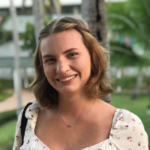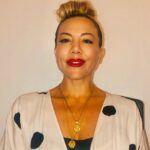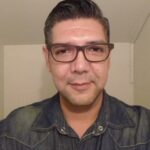Fall 2019 Cohort

Ms Barker’s experience includes working for large hospital institutions, including Kaiser Permanente, UCSD, Rady Children’s Hospital, and Sharp Mary Birch Hospital for Women and Newborns, as well as small San Diego-based hospices. She has coordinated multidisciplinary statewide trainings in the areas of Family Violence, Substance Abuse, and Forensic Evidentiary Clinical Services. She has experience in bioethics consultation, curriculum development, grants writing, and fundraising. She provides clinical supervision to licensure candidates and has provided Board of Behavioral Sciences pre-licensure training in Substance Use Disorders for the National Association of Social Workers and the Los Angeles Consortium for Children & Families. She has extensive teaching experience with undergraduates and graduate student at the SDSU School of Social Work.


Garland strongly believes that Neuroscience should greatly influence Substance Use research and treatment. With over 10 years of professional experience in the Mental Health and Addiction area, she has worked with clients within the Entertainment Industry, as a Recovery Coach and Psychotherapist. She has experience conducting interventions, assessments, groups, teaching psycho-education courses, consulting and counseling sessions. Garland has a strong passion for teaching and delivering presentations to patients, families, students, clinicians and law enforcement on the depths of substance abuse, its effects on society and how to manage interactions in a positive, effective manner. Garland’s research interests include the bio-medical model of addiction, neurological consequences of substance use and utilizing neuro-centered interventions for treatment and recovery.

Since the beginning of his undergraduate education, Kristian was involved with substance users and their families, work with patients with HIV with co-occurring addiction to drugs. He has extensive experience working in the areas of harm reduction campaigns, HIV, HVC, and STIs testing programs and research studies. Most recently he was involved in community mobilizations to impact environmental factors associated with substance use in vulnerable communities. His research interests include addressing environmental factors associated with substance use in the LGBTQI community. His long-term goal is to be an applied substance use researcher and professor in the U.S.-Mexico border region.

